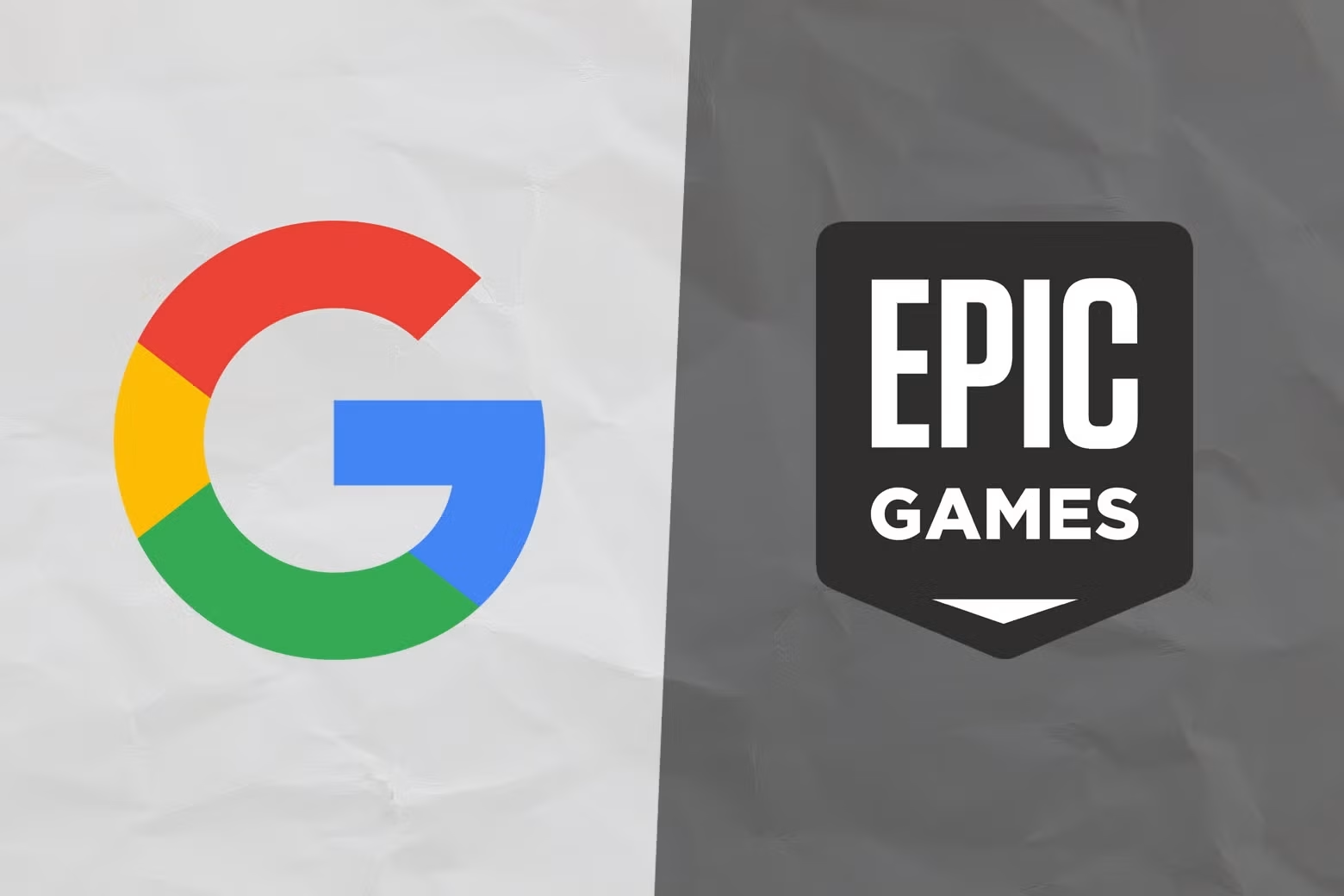Supreme Court Denies Google's Stay Request, Android App Store Rules Set to Change by October 22nd
The U.S. Supreme Court has dealt a significant blow to Google's efforts to delay mandated changes to its Android app ecosystem. In a swift decision, the Court denied Google's request for a partial stay, meaning the permanent injunction against the company's restrictive app store practices remains in effect. This leaves Google with just over two weeks to comply with a sweeping court order that will fundamentally alter how developers distribute apps and handle payments on Android devices.
Key Mandates: What Google Must Do
The permanent injunction, originally issued by U.S. District Judge James Donato and upheld by the appeals court, outlines several critical requirements for Google. These changes are designed to foster greater competition and developer freedom within the Android ecosystem.
Here's a breakdown of the core mandates Google must adhere to:
- End Forced Google Play Billing: Developers will no longer be compelled to use Google's in-house payment system for all in-app purchases. This is a major shift, as Google Play Billing typically takes a commission of 15-30% on transactions. The move opens the door for developers to utilize third-party payment processors or implement their own direct billing solutions, potentially leading to lower costs for consumers.
- Allow Alternative Payment Notifications: Apps will be permitted to inform users about alternative payment methods outside of Google's system. Crucially, this must be done without the use of "scare screens" or other deceptive warnings that have previously discouraged users from exploring other payment options.
- Enable External Download Links: For the first time, Android developers will be able to provide direct links within their apps that lead users to download updates or full application versions from sources outside the Google Play Store. This significantly bypasses Google's curated marketplace.
- Developer-Set Pricing: App creators will gain the autonomy to set their own prices for their applications and in-app purchases without direct oversight or mandatory revenue sharing with Google.
- Halt Exclusivity Deals: Google must cease its practice of offering financial incentives, revenue sharing, or other perks to device manufacturers, mobile carriers, and developers in exchange for ensuring Google Play's exclusive presence or preinstallation on devices. This aims to level the playing field for competing app stores and services.
- Collaborate on Rival App Store Integration: Google is mandated to work with Epic Games through a Joint Technical Committee. The goal is to establish a secure framework that allows applications from rival app stores to be integrated into Android devices, addressing technical disputes to ensure safety and functionality.
Epic's Victory and Google's Response
Epic Games CEO Tim Sweeney expressed his satisfaction with the Supreme Court's decision, stating, "Starting October 22, developers will be legally entitled to steer US Google Play users to out-of-app payments without fees, scare screens, and friction – same as Apple App Store users in the US!" This highlights the growing pressure on major tech platforms to open up their ecosystems, mirroring changes already underway in the EU.
Google, however, has maintained a cautious stance regarding its implementation plans. A spokesperson, Dan Jackson, indicated the company would comply with its legal obligations but voiced concerns. "Android provides more choice for users and developers than any mobile OS, and the changes ordered by the US District Court will jeopardize users’ ability to safely download apps," Jackson stated. The company reiterated its intention to continue its appeal, even as the deadline for compliance looms.
The Road Ahead: Uncertainty and Potential Shifts
While the immediate deadline for implementing many of these changes is October 22, 2025, the situation remains fluid. Google has indicated it will file a petition for certiorari to seek a full Supreme Court review by October 27, 2025, which is after the compliance deadline. A hearing is also scheduled for October 30 before Judge Donato, where both Google and Epic are expected to outline their compliance strategies.
It's still possible, though perhaps unlikely, that the Supreme Court could decide to hear the case after the compliance deadline has passed. If that were to happen, it could potentially lead to a temporary halt, but the initial changes would have already been set in motion.
The implications of this ruling are far-reaching. For developers, it promises greater flexibility and potentially lower costs. For users, it could mean more choices in how they discover and pay for apps, though Google has raised concerns about potential security risks associated with a less controlled ecosystem. The Android landscape, long dominated by Google's integrated approach, is poised for a significant transformation.
